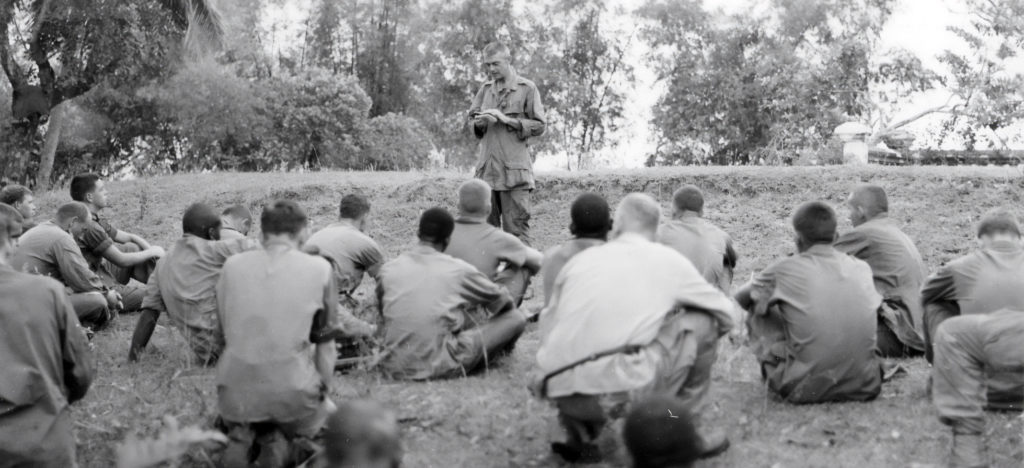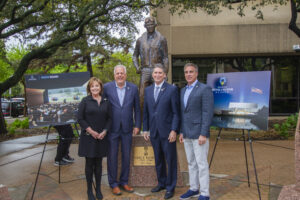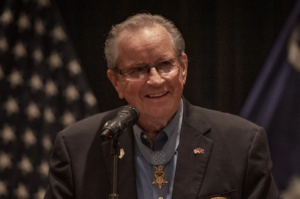Lieutenant Vincent Capodanno – the “Grunt Padre”
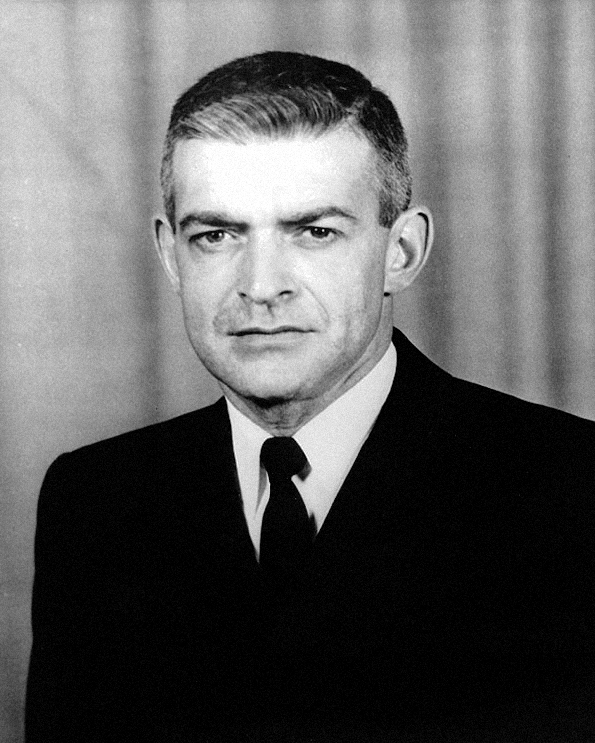
Awarded the Medal of Honor: January 7, 1969
Born in Staten Island, New York, Vincent Capodanno was ordained a Roman Catholic priest in 1958. He joined the U.S. Navy Chaplain Corps in 1966 and, after completing Officer Candidate School, was immediately posted to Vietnam, where he was attached to the U.S. Marine Corps. During his service Capodanno established a reputation for selfless dedication to servicemen, sharing their hardships, and working for their spiritual and practical welfare. Capodanno was so beloved by the men that he acquired the moniker “The Grunt Padre.” On the morning of September 7, 1967, Capodanno was with his Marines as they engaged in Operation Swift, a mission to rescue two Marine companies which had been ambushed in the Que Son Valley. During the operation, Capodanno’s battalion was ambushed by a large North Vietnamese Army force. When he heard that two platoons in a company of his battalion were under attack and in danger of being overrun, Capodanno rushed to assist them. He ran through the intense enemy fire so that he could administer last rites and give medical aid. Capodanno then ran toward a wounded Sergeant Lawrence Peters, one of the platoon leaders. Despite being struck in the right arm by mortar shrapnel, Capodanno gave Peters his Last Rites and stuck by his side, comforting the man until he died. Peters would later receive the Medal of Honor posthumously. While nearby Marines were yelling, “Father get down!” Capodanno came to the aid of five more wounded Marines. Despite his wounds, Capodanno then dragged Sergeant Howard Manfra to safety—an action that saved Manfra’s life. As the sun began to set on a long day, Capodanno was not done being of service to his men. With cries of “Corpsman! Corpsman!” filling the air, both the corpsman, Armando “Doc” Leal, and Vincent Capodanno raced over to the side of Corporal Ray Harton. Shortly after arriving at Harton’s side, Doc Leal was hit by nearby gunfire and mortally wounded in the upper leg. Capodanno moved quickly to Leal’s side and was killed instantly by rounds from an enemy machine gun just yards from his position. Some Marines close by would later claim that the chaplain purposely interposed his body between the machine gun and the wounded nearby. And it was not just his aid and ministry that was of such value to the Marines—his intrepid example also inspired many. In addition to recognizing Capodanno with a Medal of Honor, the warship USS Capodanno bore his name for over twenty years.
Vincent Capodanno’s Medal of Honor Citation
Chaplain Francis B. Hall, 16th New York Regiment
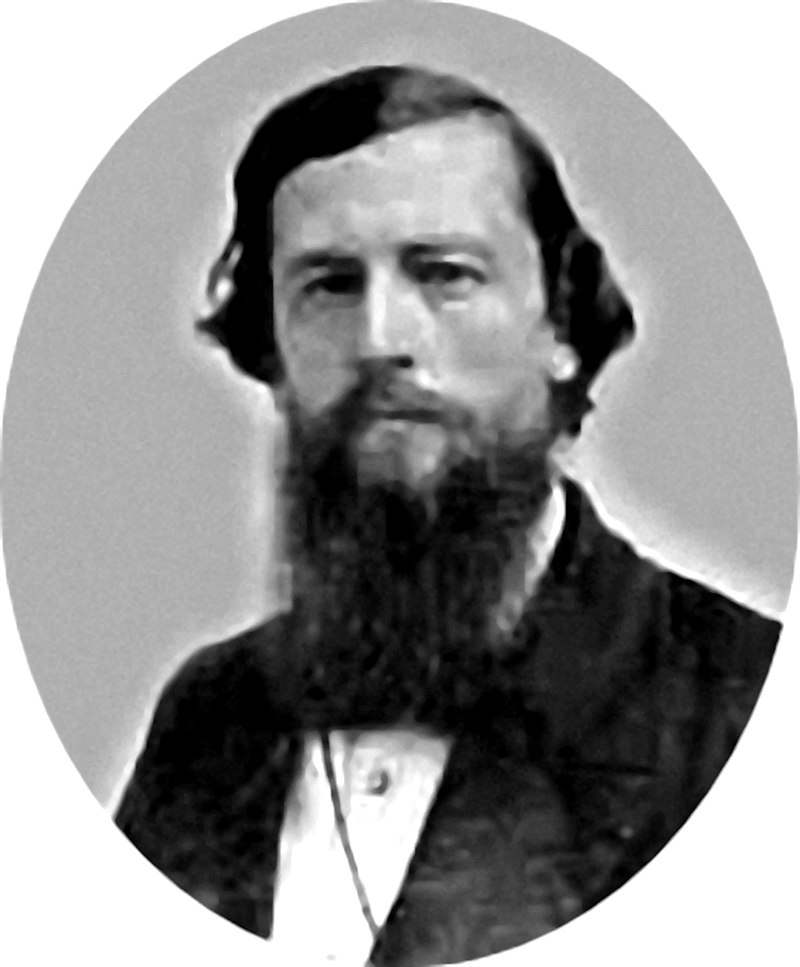
Awarded the Medal of Honor: February 16, 1897
On the morning of May 3, 1863, the 16th New York Regiment found itself amidst the intense shot and shellfire of the Battle of Salem Church. This intense battle, part of the larger Chancellorsville Campaign, was fought in and around the Salem Church, a rural chapel outside of Fredericksburg, Virginia. For Reverend Hall, this would be his first taste of combat, and he did not shirk from aiding his fellow soldiers of which 154 would become casualties this day. As reported by Maj. John C. Gilmore of the 16th in his letter recommending Hall for the Medal of Honor, “Chaplain Hall did voluntarily come, during the hardest fighting with his horse….and carried wounded men upon his horse to the rear for proper care and attendance. I saw him do this several times during the engagement…. I have never mentioned this matter to chaplain Hall in any way whatsoever, and knowing him as I do, he is the last man in the world who would ever think of being rewarded for his act.” Reverend Francis Hall would survive the Civil War and died at the age of 75 in Plattsburgh, New York.
Francis Hall’s Medal of Honor Citation
1st Lieutenant James Hill, 21st Iowa Regiment
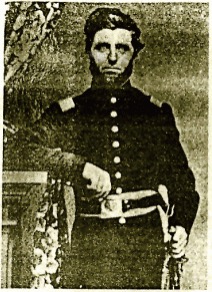
Awarded the Medal of Honor: March 15, 1893
1st Lieutenant James Hill was serving in the 21st Iowa Regiment during the Battle of Champion Hill – the largest and bloodiest battle of Ulysses S. Grant’s campaign to encircle Vicksburg, Mississippi in May of 1863. During some of the heaviest fighting during the battle, Hill, who was alone, stumbled upon three Confederate pickets in the dense woods. Outnumbered 3 to 1, Hill recognized that he was in “a nasty position.” Thinking quickly, Hill ordered the three Confederates to “ground arms” and issued loud orders to an imaginary Union detail in the woods. Fooled by Hill’s ruse, the Confederates became prisoners and were marched to the rear while Hill continued to issue commands to his phantom guard. For this action and his quick thinking at Champion Hill, 1st LT Hill would earn the Medal of Honor. It was only afterward that Hill would become the regiment’s chaplain. Born in England, Hill had become a farmer and Baptist minister in the Cascade region of Iowa. Hill lived until 1899 and is buried in the Cascade Protestant Cemetery in Cascade, Iowa.
James Hill’s Medal of Honor Citation
Captain Emil Kapaun, 1st Cavalry Division
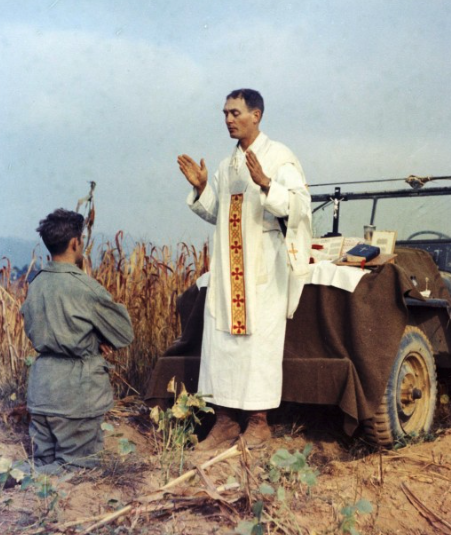
Awarded the Medal of Honor: April 11, 2013
Kapaun served as an Army Chaplain in both World War II and Korea. Always seeking to serve near the front lines, Father Kapaun earned a reputation amongst the troops as a fearless man, ready to repeatedly risk his life so that he could minister to the needs of his men. Kapaun used a US Army jeep as a portable altar in the field and famously had his smoking pipe shot out of his mouth by an enemy sniper. On August 2, 1950, Kapaun earned a Bronze Star for actions where he rescued a soldier out in front of the lines who had been wounded by machine gun fire. Assigned to the 1st Cavalry Division, Kapaun advanced further into North Korea with the division where it began to encounter Chinese soldiers in great numbers. At the Battle of Unsan Chinese assaults inflicted thousands of American and South Korean casualties. It was during this battle that Captain Kapaun calmly walked through withering enemy fire in order to provide comfort and medical aid to his comrades and rescue friendly wounded from no-man’s land. During the night of November 1, 1950, Kapaun and others were captured by advancing Chinese troops who surrounded the regiment that Kapaun was with. Kapaun managed to escape his captors, but on the following day, he made the fateful decision to stay with the wounded soldiers who could not be evacuated. Subsequently recaptured by Chinese forces, Kapaun pushed aside a Chinese soldier preparing to execute an American sergeant, Herbert A. Miller, whose injuries prevented him from walking on his own. Father Kapaun carried and supported the hobbled sergeant over the more than 60 miles they marched to the POW camp. Kapaun’s continued support saved Miller’s life and inspired the other American captives around him. While at the POW camp, Father Kapaun ministered to the sick and weakened American POWs. Famously Father Kapaun bravely scrounged and stole scarce food to bring back to the starving men. Prior to each of these risky missions, Kapaun would say a prayer to St. Dismas, the good thief, for protection. Sadly, the chaplain died from pneumonia in the prison camp in May of 1951. His heroism and selflessness inspired people for decades, and in the 2000’s U.S. Representative Todd Tiahrt successfully campaigned to have Kapaun awarded the Medal of Honor. In March of 2021, the remains of Father Kapaun were identified by the Defense POW/MIA Accounting Agency (DPAA) in Hawaii and he was interred at the Cathedral of the Immaculate Conception in Wichita, Kansas in September 2021. In 1993, Pope John Paul II recognized Father Kapaun as a “Servant of God”, which opened his pathway to possible sainthood.
Emil Kapaun’s Medal of Honor Citation
Captain Charles Liteky, 199th Infantry Brigade
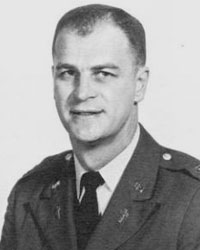
Awarded the Medal of Honor: November 19, 1968
Charles “Angelo” Liteky was in Vietnam on December 6, 1967, near Phuoc-Lac, when his company came under heavy attack from a battalion-sized enemy force. Liteky saw wounded men close to an enemy machine gun and moved to place himself between the gun and the men. He then managed to drag them to safety. Chaplain Liteky then began moving upright through the enemy fire, administering Last Rites to the dying and evacuating the wounded as his company rallied. Throughout the fighting, he repeatedly exposed himself to danger to rescue wounded and trapped men. It was not until the next morning that Liteky was found to have been wounded in the neck and the foot. Despite these injuries, Liteky had personally carried over 20 men to safety. Litekey survived the war and later left the priesthood in 1975. As a vocal anti-war figure, Liteky made the fateful decision to renounce and return his Medal of Honor. Liteky placed his medal in an envelope addressed to President Ronald Reagan and on July 29, 1986, left the envelope at the base of the Vietnam Veterans Memorial in Washington DC. Concerned over US foreign policy in Central America, Liteky led a protest at Fort Benning, Georgia. He was later convicted and sentenced to prison twice – once in 1986 and also in 2000 – for defacing portraits at Fort Benning with blood. Liteky passed away on January 20, 2017, at the age of 85.
Charles Liteky’s Medal of Honor Citation
Lieutenant Commander Joseph O’Callahan, USS Franklin
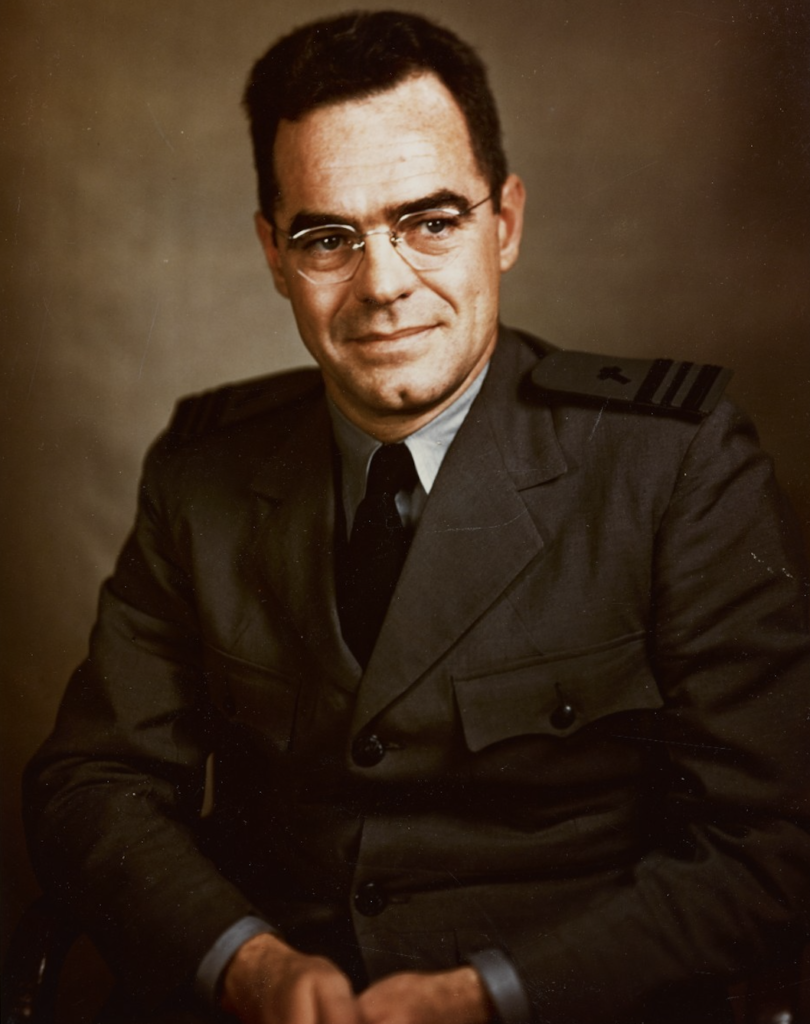
Awarded Medal of Honor: January 23, 1946
Chaplain O’Callahan was serving aboard the USS Franklin near Kobe, Japan on March 19, 1945, when the ship was attacked by Imperial Japanese forces. A twin-engine bomber struck the Franklin with two 550-pound, semi-armor piercing bombs. The damage done to Franklin left her badly damaged and the crew fighting valiantly to keep her afloat. O’Callahan moved through darkened and smoke-filled corridors to an open flight deck only to find the ship being rocked by secondary explosions as fires burned uncontrolled. He ministered to the wounded and dying, he organized and led firefighting crews into the blazing inferno on the flight deck, and he directed the jettisoning of live ammunition and the flooding of the magazine. Inspiring the men around him, O’Callahan fought heroically with the crew of Franklin to save the ship and get her back to port. After World War II, O’Callahan returned to Holy Cross University in the fall of 1948 as the head of the Mathematics Department. He died on March 16, 1964, at the age of 59. The destroyer USS O’Callahan bore his name for nearly thirty years.
Joseph O’Callahan’s Medal of Honor Citation
Major Charles Watters, 173rd Support Battalion
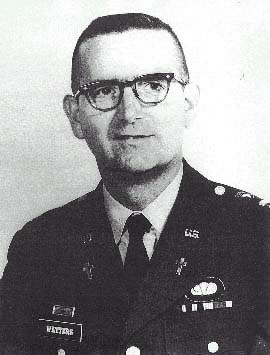
Awarded the Medal of Honor: November 4, 1969
During the Battle of Dak To, on November 19, 1967, Chaplain Watters was moving with one of the battalion’s companies when was attacked by an enemy battalion. Unarmed and completely exposed, he moved among, as well as in front of the advancing troops, giving aid to the wounded, assisting in their evacuation, giving words of encouragement, and administering the Last Rites to the dying. Seeing a shocked paratrooper Watters picked the man up on his shoulders and carried him to safety. Watters exposed himself to both friendly and enemy fire between the two forces in order to recover two wounded soldiers. He went so far as to leave a perimeter established after a retreat to rescue wounded men despite the danger from enemy fire. There were even efforts to try to restrain Chaplain Watters from his heroic and courageous deeds because of his vulnerability to fire. It was only once he was sure that all the wounded were inside the perimeter that he started aiding the medics by applying field bandages to open wounds, obtaining and serving food and water, and giving spiritual and mental strength and comfort. Watters was giving aid to the wounded when he himself was mortally wounded. He now rests in Arlington National Cemetery.
Charles Watters’ Medal of Honor Citation
Chaplain Milton Lorenzo Haney – “The Fighting Chaplain”
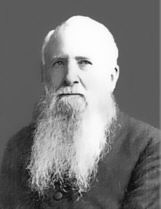
Awarded Medal of Honor: November 3, 1896
Chaplain Milton Haney was with the 55th Illinois Regiment during the Battle of Atlanta (Peachtree Creek), on July 22, 1864. During one of the critical times of the battle, Haney picked up a musket and joined the ranks of the regiment, fighting to retake a Union breastwork that had recently fallen to the Confederate forces. Haney’s actions this day led to his being called “The Fighting Chaplain” by the Illinois men. The records state that he was renowned for his “great personal bravery” and “his zealous performance of professional duties.” Haney would survive the war and later live in California, until his death in 1922. Haney is buried in Altadena, California.
Milton Haney’s Medal of Honor Citation
Chaplain John Whitehead – “The Angel of Stones River”
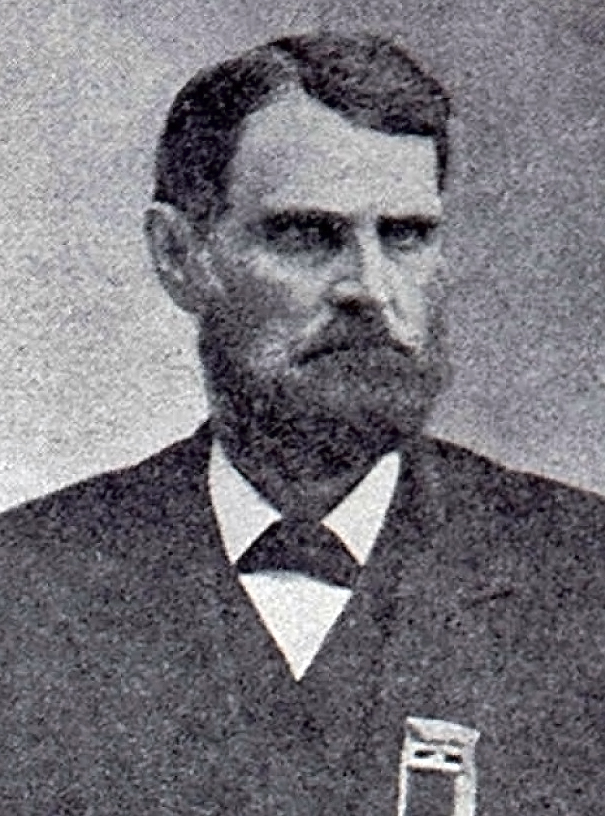
Awarded the Medal of Honor: April 4, 1898
John Milton Whitehead enlisted in the 15th Indiana Regiment as a 39-year-old preacher from Westville, Indiana. Whitehead and his regiment were at the center of the heavy fighting at the Battle of Stones River near Mufreesboro, Tennessee towards the end of 1862. Whitehead wrote of his experiences on the battlefield that fateful day, “Three times we charged Jackson’s Brigade and three times we put the enemy to flight… But this was accomplished only with a fearful loss of life. Of my own regiment every other man was killed or wounded; that is, half were gone….” Following with his battle-scarred unit, Whitehead disregarded the shot and shells flying all about and worked to evacuate the wounded and dying to the rear. After bringing the mortally wounded Calvin Zenner, commander of Company G, back to the Union lines he offered a prayer for him and sang ‘O Sing to Me of Heaven.’ For his life-saving actions on the battlefield, Whitehead become known as The Angel of Stones River and would receive the Medal of Honor for his acts on December 31, 1862. Whitehead traveled to Topeka, Kansas after the war and continued to be a Baptist minister until his death in 1909. The U.S. Army Chaplain Center and School presents the John M. Whitehead Award to the student earning the top score on the Army Physical Fitness Test and demonstrating mental and physical toughness throughout the course.
John Whitehead’s Medal of Honor Citation
